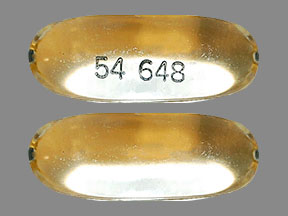
Icosapent Ethyl Coupons & Savings Card – Discount Prices from $49.34
Generic for: Vascepa
My prescription
Edit
1GM, Icosapent Ethyl (120 Capsules)
Select pharmacy

CVS
$49.34
COUPON PRICE
Albertsons
$72.79
COUPON PRICE
Walgreens
$75.24
COUPON PRICE
Walmart
$158.76
COUPON PRICEIcosapent Ethyl savings card
Show this card to your pharmacist
CVS
$49.34
BIN
ID
PCN
GRP
019876
LHF61401A1
CHIPPO
LHX
Powered by
More prescriptions for high triglycerides
More prescriptions for high triglycerides
Price history for Vascepa (brand) & Icosapent Ethyl (generic)
120 Capsules, 1GM
Average retail price for Vascepa
Average retail price for Icosapent Ethyl
Average SaveHealth price for Icosapent Ethyl
Our price history data is based on aggregated prescription data collected from participating pharmacies in America. Our prescription data updates daily to reflect the latest price changes. If you notice a missing data point, it means there wasn't sufficient data available to generate a monetary value for that date.
We analyzed Icosapent Ethyl prices for (1GM, undefined) over the last 12 months. The average retail price was $173.04, while the average price using the SaveHealth discount card was $130.36. That's a savings of approximately 24.66% when using our Icosapent Ethyl coupon.
Compared to the generic version, Vascepa had an average price of $1389.66 over the same time period. With the SaveHealth savings card, Icosapent Ethyl is 90.62% cheaper on average than Vascepa.
*Retail prices are based on pharmacy claims data, and may not be accurate when we don't have enough claims.
Icosapent Ethyl dosage forms
Dosage Quantity Price from Per unit 0.5GM 180 Capsules $77.66 $0.43 0.5GM 240 Capsules $98.54 $0.41 1GM 120 Capsules $49.34 $0.41 1GM 1 Capsule $1.01 $1.01 1GM 30 Capsules $25.56 $0.85
| Dosage | Quantity | Price from | Per unit |
|---|---|---|---|
| 0.5GM | 180 Capsules | $77.66 | $0.43 |
| 0.5GM | 240 Capsules | $98.54 | $0.41 |
| 1GM | 120 Capsules | $49.34 | $0.41 |
| 1GM | 1 Capsule | $1.01 | $1.01 |
| 1GM | 30 Capsules | $25.56 | $0.85 |
